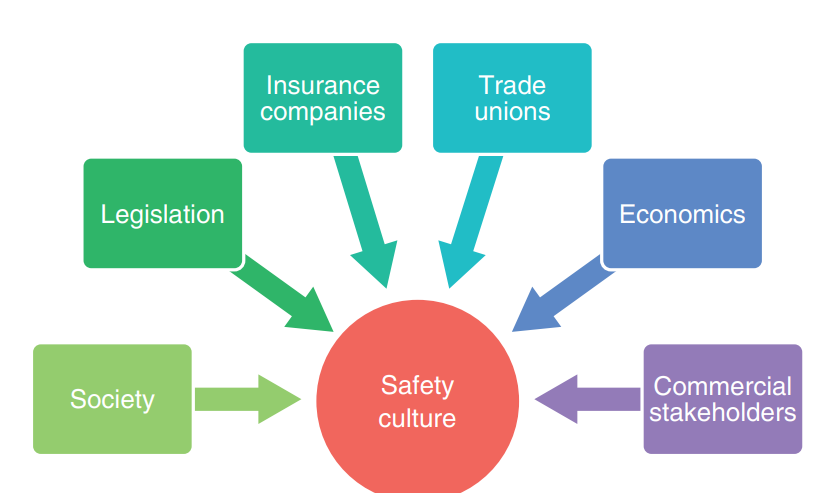
The Compensation and Benefits manager oversees subordinate staff and ensures project milestones and departmental budgets are met. They are also fully empowered to make personnel decisions. The average experience for a compensation and benefit manager is between five and three years. They also must have a deep understanding of departmental processes.
Duties of the job
The compensation and benefits manager is responsible for overseeing all aspects of an organization’s benefits and compensation program. These duties include monitoring employee benefits packages, analysing data, and identifying trends. They also consult with department heads and HR staff. The ever-changing regulations governing employee benefits are a must for compensation and benefits managers. They are responsible in ensuring that employee welfare packages meet the statutory requirements, and comply with tax obligations.
The primary responsibility of a compensation and benefits manager is to create and implement cost-effective employee benefits programs. They must be able to make tough decisions, analyze new programs and ensure that policies and procedures comply with regulations. In addition to supporting the HR department in recruitment and hiring, compensation and benefits managers develop employee wellness programs. They also manage budgets for the department.

Salary
A compensation and benefit manager makes a median annual salary of $122,270. The median salary for this role is determined by several factors including education, years experience, and certification. The highest-paid benefits and compensation managers make more than $228,000 Most compensation and benefits manager work full-time. However, some will work overtime during peak periods of the year. According to the Bureau of Labor Statistics in 2018, compensation and benefits managers will be more popular than ever between 2018- 2028.
The compensation and benefits managers supervise employee benefits and salary structures. They research and establish company policies. They ensure employees get competitive wages and benefits. Annual and quarterly reviews are done by compensation and benefit managers to determine employee wage budgets. Compensation and benefits managers also supervise and monitor other compensation specialists. Other responsibilities include managing payroll distributions and coordinating informational events for employees regarding their benefits.
Education Required
For a job as a compensation manager, the education requirements include a bachelor's in business administration or closely related fields, along with at least five years of work experience. However, employers will prefer applicants who have a master’s degree. Compensation managers are responsible for employee benefits and compensation plans for organizations.
This career requires people who are able to work under pressure and possess strong interpersonal skills. These managers should have excellent technical and human resources skills. Managers of compensation and benefits work full-time. They typically work forty hours or more per week. They may sometimes work overtime in order to meet deadlines. While compensation and benefits managers have a wide range of skills, they need strong leadership and management experience. They must have a solid understanding of human psychology.

Outlook for the Job
Managers of compensation and benefits have many responsibilities. These managers must be able and able to analyse data and make recommendations to senior executives. They must also have excellent communication skills, as well as a high level of discretion and ethical. These professionals need to have a deep understanding of the laws governing benefits and compensation.
A bachelor's degree in business administration or human resources is required to be a compensation and benefit manager. Online programs are available. Not only can you get a degree in a traditional field, but you also have the opportunity to gain work experience as compensation and benefits managers in other fields.
FAQ
What do we mean when we say "project management"?
It refers to the management of activities related to a project.
We help you define the scope of your project, identify the requirements, prepare the budget, organize the team, plan the work, monitor progress and evaluate the results before closing down the project.
Why is it so important for companies that they use project management techniques
Project management techniques can be used to ensure smooth project execution and meeting deadlines.
This is due to the fact that most businesses rely heavily upon project work in order to produce goods, and services.
Companies must manage these projects effectively and efficiently.
Without effective project management, companies may lose money, time, and reputation.
How does Six Sigma work
Six Sigma uses statistics to measure problems, find root causes, fix them, and learn from past mistakes.
The first step in solving a problem is to identify it.
Next, data will be collected and analyzed to determine trends and patterns.
The problem can then be fixed by taking corrective measures.
The data are then reanalyzed to see if the problem is solved.
This cycle continues until there is a solution.
How does a manager learn to manage?
Through demonstrating good management skills at every opportunity
Managers need to monitor their subordinates' performance.
You must act quickly if you notice that your subordinate isn’t performing to their standards.
You should be able pinpoint what needs to improve and how to fix it.
Statistics
- The BLS says that financial services jobs like banking are expected to grow 4% by 2030, about as fast as the national average. (wgu.edu)
- The profession is expected to grow 7% by 2028, a bit faster than the national average. (wgu.edu)
- UpCounsel accepts only the top 5 percent of lawyers on its site. (upcounsel.com)
- Hire the top business lawyers and save up to 60% on legal fees (upcounsel.com)
- As of 2020, personal bankers or tellers make an average of $32,620 per year, according to the BLS. (wgu.edu)
External Links
How To
How do you get your Six Sigma license?
Six Sigma is a tool for quality management to improve processes and increase efficiency. Six Sigma is a method that helps companies get consistent results from their operations. The name derives its meaning from the "sigmas" Greek word, which is composed of two letters that mean six. This process was developed at Motorola in 1986. Motorola recognized the need to standardize manufacturing processes in order to produce better products at a lower cost. The many people involved in manufacturing had caused problems with consistency. To resolve this issue, they used statistical tools like Pareto analysis and control charts. They would then apply these techniques to all aspects of their operation. They would then be able make improvements where needed. To get Six Sigma certified, there are three key steps. First, you need to determine if your qualifications are valid. You will need to complete some classes before you can start taking the tests. Once you've passed those classes, you'll start taking the tests. It is important to review everything that you have learned in class. Then, you'll be ready to take the test. You'll be certified if your test passes. Finally, your certifications will be added to your resume.